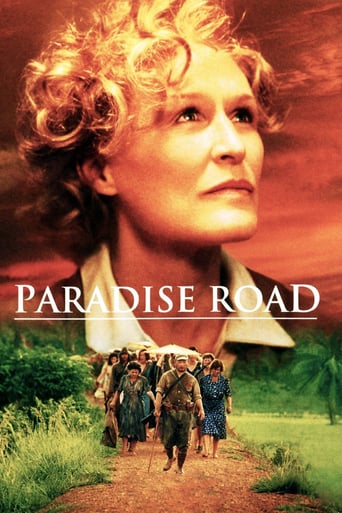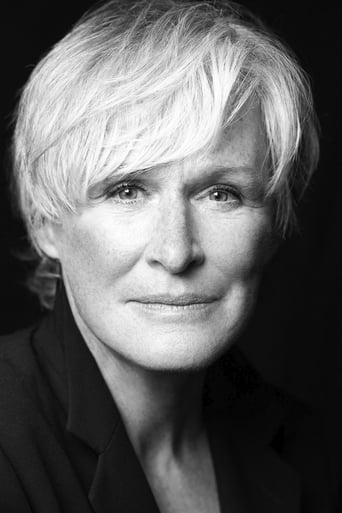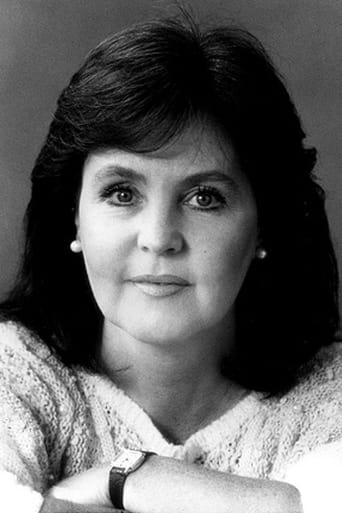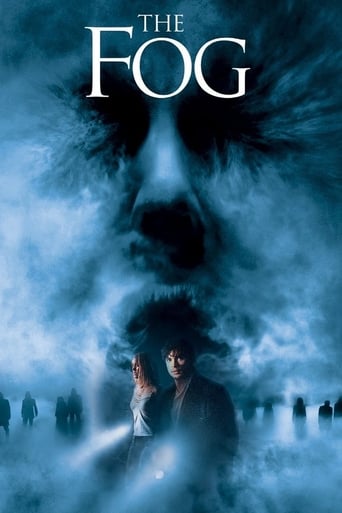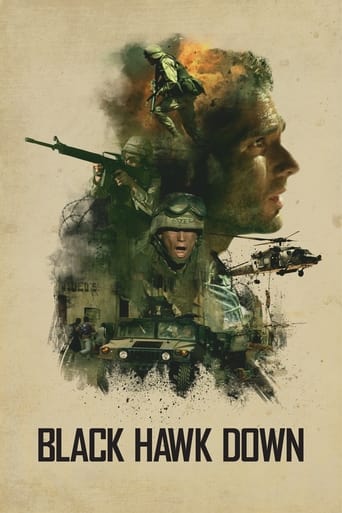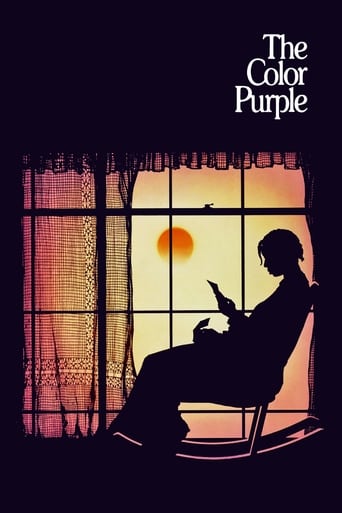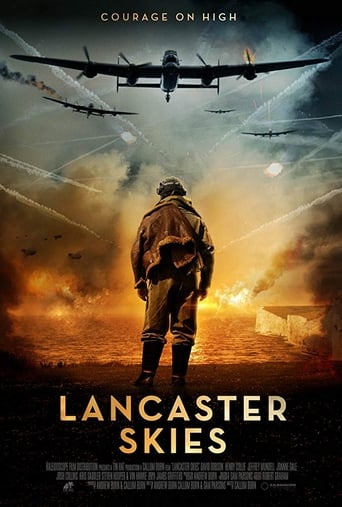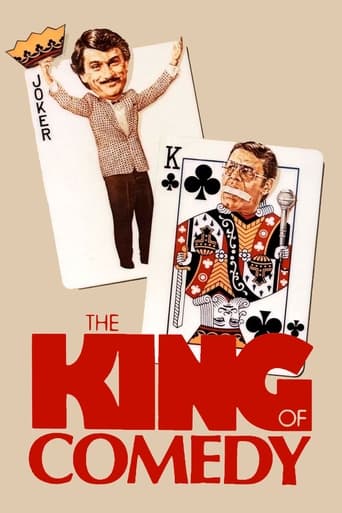Paradise Road (1997)
A group of English, American, Dutch and Australian women creates a vocal orchestra while being imprisoned in a Japanese POW camp on Sumatra during World War II.
Watch Trailer
Free Trial Channels
Cast


Similar titles
Reviews
Great visuals, story delivers no surprises
Great movie! If you want to be entertained and have a few good laughs, see this movie. The music is also very good,
True to its essence, the characters remain on the same line and manage to entertain the viewer, each highlighting their own distinctive qualities or touches.
.Like the great film, it's made with a great deal of visible affection both in front of and behind the camera.
There isn't one Japanese prison camp movie cliché that doesn't turn up here. Indeed it's a catalogue of cinematic clichés...brutal guards shouting in Japanese...a mustachioed camp commandant imitating Sesue Hayakawa...attempted rape and subsequent attempts to save face...a repentant commandant after the end of the war is announced...stereotyped Brits...A German-Jewish refugee....and on and on and on. The movie is loosely based on fact. But it's doubtful that life in the internment camp was as dull or boring as this movie. Even the tropic scenery comes out flat and uninteresting. It's not a bad movie. It's just that it's not a very good movie!.Anyone planning yet another Japanese prison camp movie should study this one carefully to acquaint themselves with what not to do
Paradise road One of the best films Glenn Close ever made !The whole cast was outstanding, as was the filming and direction.... down to the last prisoner, soldier, or eaten snail... Why is this so good? The story line is excellent, the whole plot is excellent... you WANT to get into it.You feel everything that the characters feel in the movie ." Feel" is the key word. These are the feelings the movie evoked in me:I wanted to rally with them, cry, get angry , be afraid, not be afraid, escape, survive, hunt for food, rescue, protect. Felt pain, anguish and smelled the scorching of flesh being burned alive.Death, sorrow, hopelessness of getting malaria.I wanted to murder the soldiers and officers, one by one, and bury them in a deep pit in the jungle ! Fight back, sing, love, show compassion, show bravery, kill the general when he said, " the war is over ! Now, we can all be friends again".Feel the strength of over-coming all these odds, because of the unity of these strong women.Knowing it is based on a true story makes me wonder what atrocities were omitted to make this picture viewable, ( the horrors and inhumanities of war ). The entire cast is in total sync with each other.Close always plays her roles with the most believability possible. She is the character. You feel it. You believe it This movie evokes every emotion that one can possibly feel, yet you leave it with a promise of hope and strength, rather than sadness. Hooray for the strong women . A most remarkable production. I watch it every year, too good not to !
There is a poem one of the women recited in the movie, while they were in the Japanese prison camp, containing the words "Paradise Road", and it and the title seem to refer to the process of dying, where you are going towards paradise.The movie starts in 1942, in Australia, where men and women are smug about being protected against the Japanese, even after what happened at Pearl Harbor. During an attack, the women and children are ordered away and back to Europe. But at sea Japanese planes attack them, forcing all to abandon ship. Eventually many of them are reunited in Sumtra, captured and imprisoned by the Japanese. They stayed there until the war ended in 1945.Glenn Close is Adrienne Pargiter who assumes a sort of leadership role. While many of the women resigned to their plight, she was looking for ways to improve their existence. One thing she did is organize a vocal orchestra, and they performed many times.Frances McDormand was a Dutch Dr. Verstak, who helped treat many of the ill. Cate Blanchett was a nurse Susan Macarthy. Very pretty Jennifer Ehle was Rosemary Leighton-Jones whose husband was imprisoned elsewhere. Julianna Margulies was Topsy Merritt.The movie really was about the survival of the ladies, many of whom did not, until the end of the war. A bit slow and long, still a worthwhile viewing.
Paradise Road is based on the true story of women POWs in Sumatra during WWII. The film, for the most part, follows what really happened... with one glaring exception!The incident that is prominently missing from Paradise Road is the Bangka Island massacre, which was one of the worst atrocities committed against women POWs during WWII and is an integral part of this story.After their ship, The SS Vyner Brooke, was sunk, the survivors made for the nearest land which was Bangka Island. They came to shore in different places but a group of more than a hundred people ended up on Radji beach. The group consisted of 22 Australian Army nurses, some civilian men, women and children, and 30 British soldiers from another ship which had been sunk. The island was fully occupied by the Japanese and the group unanimously decided to give themselves up. The group leader set off to find someone to surrender to. The civilian women and children began walking towards the main town on the island. The 22 nurses remained behind with the men and the soldiers (many of whom were badly wounded), an elderly British woman also remained with her wounded husband.When the group leader returned with a group of 20 Japanese, they ignored all requests for surrender. The Japanese shot and bayoneted the men, then ordered the 23 women to walk into the ocean. When they reached waist depth, the Japanese open fired with a machine gun and mowed the women down.There was one survivor. One of the nurses, Vivian Bullwinkel, was shot through the side and survived by pretending to be dead. She hid in the jungle for 12 days, caring for a British soldier who had been bayoneted and left for dead (he later died). Eventually, she gave herself up and was re-united with the rest of the women in the prison camp in Muntok. When she told them what had happened on the beach and they quickly realised that they would all be killed if the Japanese learned there was a witness to the massacre. So they made a pact not to speak of it again until they were free.Paradise Road is a fictional film based loosely on fact, not a documentary. Sometimes it is necessary to make changes to the real sequence of events in order for the film's structure and pacing to work. I do accept this and I would prefer to see a good film rather than a accurate one.But in leaving out the massacre on the beach, the film does a disservice to these women. These women were aware, from the start of their internment, that the Japanese were capable of atrocities on a massive scale and that there was no safety in numbers. They lived in a constant state of fear that the Japanese would repeat such an act or learn that Vivian Bullwinkel had survived the massacre and kill them all.Paradise Road tries to portray Japanese atrocities with a fictitious incident where a woman is set on fire (which did not really happen) but this does not compare to the scale of the 80 people massacred on Radji beach and the effect it had on the women in the camp. There were 32 Australian Army nurses in the camp and the women who died on the beach were their friends and colleagues. They were from the same unit and had nursed together for the first two years of the war. All their interactions with the Japanese guards were coloured by the knowledge that they had murdered 22 of their friends in cold blood.Paradise Road is a very good movie and I suspect it will become the definitive film about female POWs during WWII. Which sadly means that the 22 women who were murdered on Radji beach will be lost from memory... and they deserve better than that.If you want to learn more about the women POWs of Sumatra, I suggest you read "White Coolies: Australian Nurses Behind Enemy Lines," the diary kept by camp survivor Betty Jeffrey, or read the biography "Bullwinkel" by Norman G. Manners. There is also an excellent 1985 documentary called "Song of Survival", and a really tacky episode of "Willesee's Australians" that dramatises the story of Vivian Bullwinkel.

